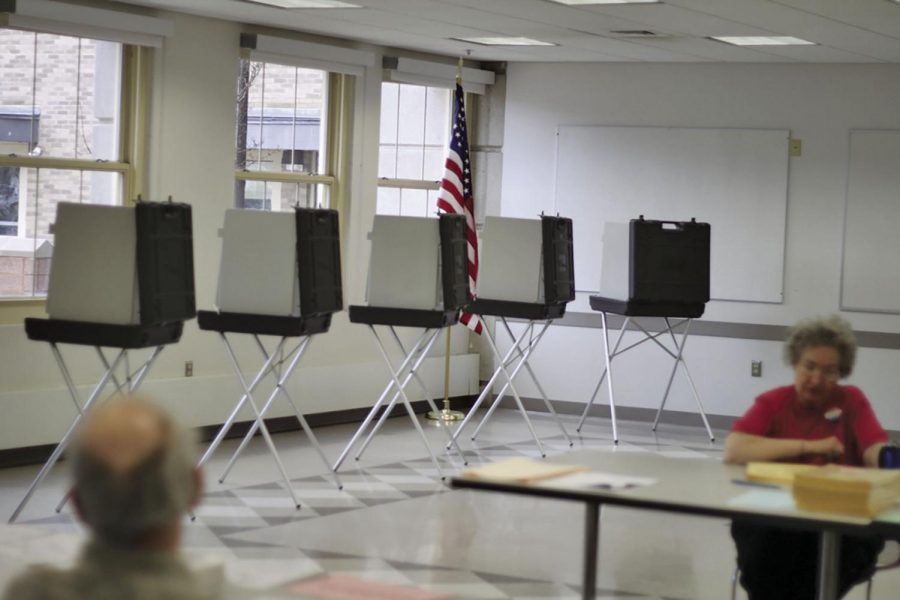Voter I.D. laws create more problems for democracy than they solve
Voter ID laws have an opposite effect on American elections than what their proponents suggest. In an attempt to protect free and fair elections, voter ID laws require voters to present a range of approved identification (sometimes requiring photo identification) in order to cast their ballot. Voter ID laws are pitched in state legislatures as a safeguard against voter fraud — an ambiguous concept that no significant evidence supports. These laws protect our elections from a false narrative and have a grim effect on our democracy. Voter ID laws disenfranchise minority and low-income voters, keeping them out of the ballot and away from their democracy.
Currently, 36 states have some form of voter ID law in place. They range in severity, but the most strict voter ID law comes from the state of Texas, implemented in 2013. Since then, the law has made its way through the court system and has several times been ruled as intentionally discriminatory. The law requires voters to show one of seven approved photo identification forms. In an expert report by Matt A. Barreto and Gabriel R. Sanchez, it is estimated that 1.2 million voters in the state of Texas do not possess an accepted form of ID, a majority of whom are black or hispanic. The law suffocates the minority vote, and it isn’t a coincidence.
Texas is not alone in its usage of voter ID laws as a means to discriminate. The U.S Supreme Court upheld a ruling last August that blocked several key provisions of South Carolina’s voter ID Law, and Wisconsin’s strict voter ID law was ruled unconstitutional by a federal court. These are not isolated events, and their effects are felt throughout the nation.
Our democratic ideals are at risk by the very laws that claim to protect them. Our country’s dark history with slavery, racism and discrimination have slandered our free and fair elections for centuries. It took 3 amendments to the Constitution to free slaves, give African Americans citizenship and the right to vote. Even then, it took a century more of Jim Crow laws, literacy tests and poll taxes before the passage of the Civil Rights Act of 1964 and the Voting Rights Act of 1965. What are voter ID laws but the distant relative of those poll taxes of the Jim Crow era?
These laws target minorities and create barriers often too great to surpass. They discourage participation, and the result is skewed representation. Our country cannot act as the champion of equality and democracy when our laws target and disenfranchise minorities.
Proponents of voter ID laws claim that American elections are at risk of the corruption of voter fraud. Lack of evidence of voter fraud illustrates the urgency of the situation. There is no way to measure it or see it, therefore we must stop it. However, should we, to protect our elections, take away the right to vote from people who otherwise have voted legally in the past? Limitations to the ballot do not strengthen the honesty of our elections. In fact, they weaken it further.
Voter ID laws are but another remnant of America’s stained past. As a country that prides itself on democracy, liberty and equality, we cannot support these discriminatory laws. We must act by contacting our representatives and demanding action. We must depend on our justice system and hope their decisions bring justice to the ballots. If there is one thing that America always succeeds at, it is finding the good from within the bad and bringing forth from it a more perfect union.







